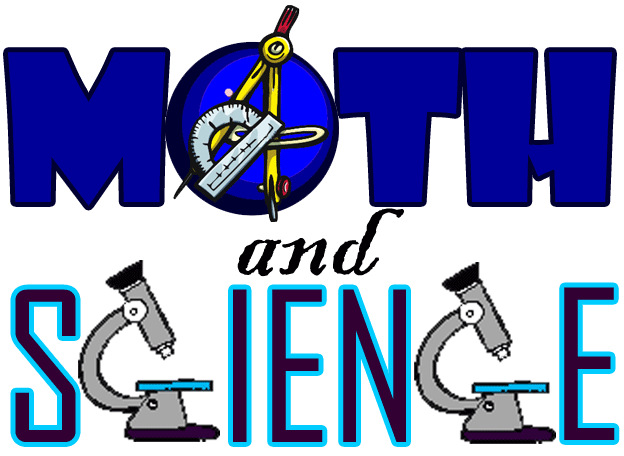Women have made great advances in education and the workplace, but still lag behind when it comes to pursuing careers in science and engineering. Thats where data science training in hyderabad comes into play.
According to the U.S. Department of Labor, women make up almost half the workforce, but only 25% of mathematical and computer science jobs and 11% of engineering jobs.
These are steps parents can take at home and in their children’s schools to help girls become more competitive in the fields of science, technology, engineering and mathematics (STEM).

Steps to Take at Home:
- Nurture a growth mindset. The reality is that most abilities are developed through commitment and effort rather than being fixed talents that we’re born with. Girls who are introduced to this growth mindset perform better in math and sciences.
- Guard against stereotypes. It seems like every few years some company blunders with products like t-shirts that say “I’m too pretty to do math.” Ask yourself if you still regard some subjects and careers as masculine or feminine. Once you confront your potential biases, you can compensate for them.
- Welcome questions. Kids are naturally curious. Use their inquisitiveness to make observation and experimentation part of their daily playtime and routines. Give them a microscope or a robotics kit. Perform safe chemistry experiments in the kitchen such as making a volcano with a few simple ingredients.
- Watch STEM programs together. Many TV programs and other media are trying to spark more interest in STEM. Little girls will love “Murray’s Science Experiments” on Sesame Street. Under all that long orange hair, Murray has a curriculum to help kids develop critical thinking and problem solving skills.
- Talk about the advantages of STEM careers. Help your daughters to understand how important math and sciences are to contributing to society and building a secure future for themselves. Scientific breakthroughs can protect the environment or cure diseases. Many STEM professions also offer challenging work, good salaries and advancement opportunities.

Steps to Take at School and in Your Community
- Participate at your child’s school. Talk with teachers, volunteer, and attend PTA meetings. Help your school implement promising STEM strategies like more interactive and hands-on teaching methods that help motivate girls to learn.
- Focus on spatial skills. Boys consistently outperform girls in spatial skills. The good news is that this gap can be closed by exposing girls to activities like shop classes and drafting. Three-D computer games, drawing, and construction kits are also helpful.
- Steer your daughters toward advanced science and math classes. Your daughter is three times more likely to major in science or engineering if she takes calculus in high school. Pay attention to what courses your kids are taking as well as their grades to help them keep their career opportunities open.
- Showcase constructive role models. Linking girls up with appropriate mentors and role models helps to counter negative gender stereotypes. Ask math teachers and career scientists to describe the joys and challenges of their work on career day. Look for free kids programs and lectures at science museums and public libraries.
- Get active in organizations devoted to STEM education. Many nonprofits, foundations, and the federal government have launched STEM initiatives. Visit their websites to find the latest news and get access to free educational resources. Attend meetings or volunteer to help with their outreach.
- Some good starting places are the American Association of University Women and the National Girls Collaborative Project.
In a technological age, women and girls need math and science skills to succeed. Do your part at home and in the public arena to help young women get more exposure to STEM education and develop their talents to the fullest.
Bio: Random Math is a math learning center that builds on the concept of integrated learning. Random Math teaches students to master crucial concepts required to excel at problem solving. Visit www.randommath.com for an overview of classes and tournament results.
